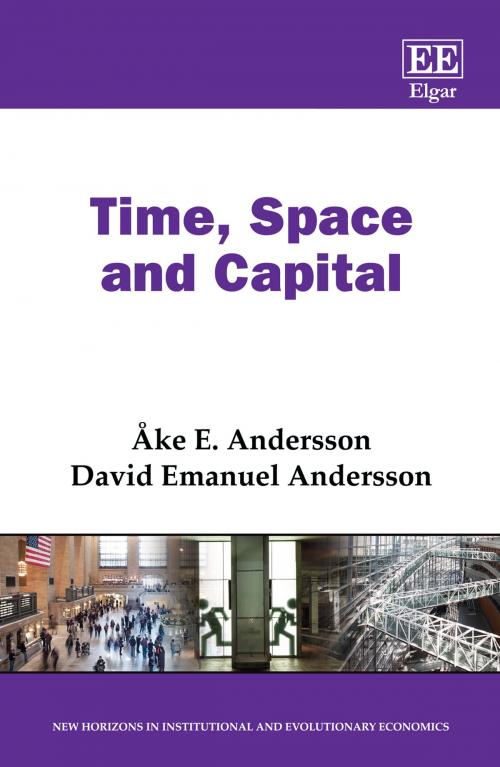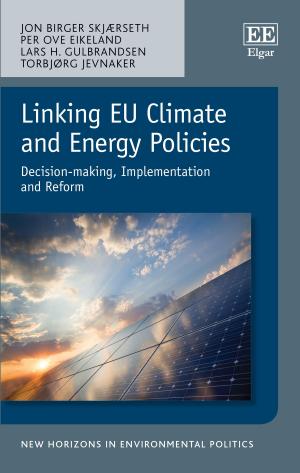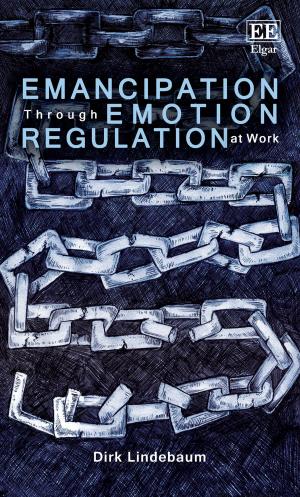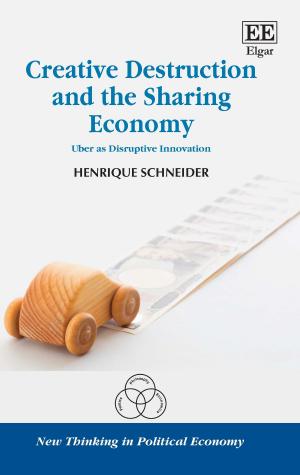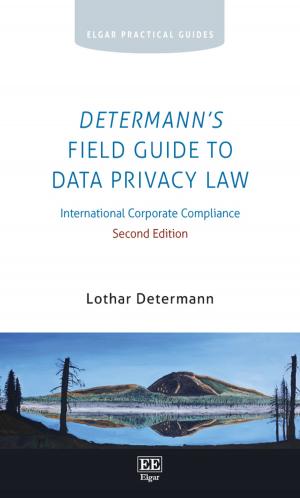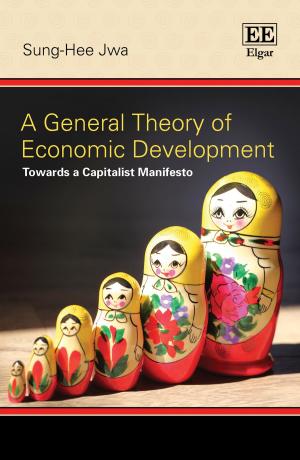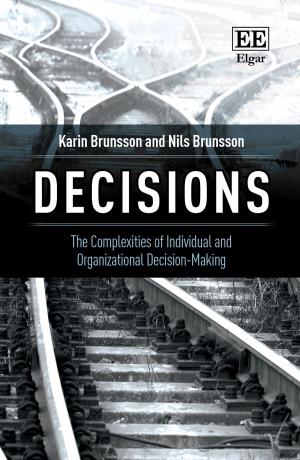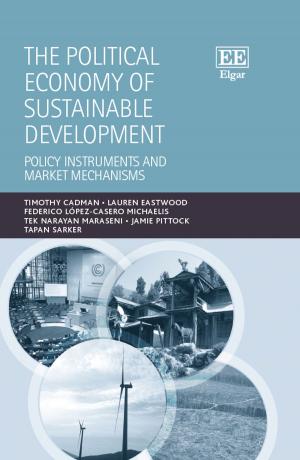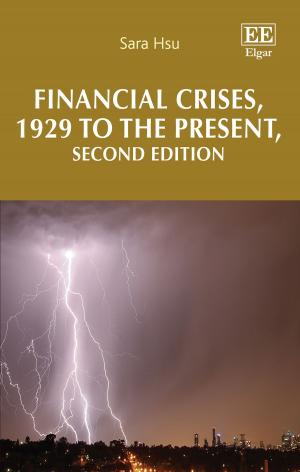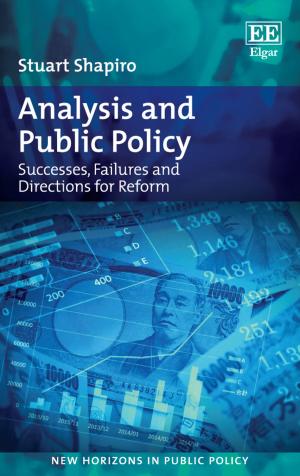| Author: | Åke E. Andersson, David Emanuel Andersson | ISBN: | 9781783470884 |
| Publisher: | Edward Elgar Publishing | Publication: | July 28, 2017 |
| Imprint: | Language: | English |
| Author: | Åke E. Andersson, David Emanuel Andersson |
| ISBN: | 9781783470884 |
| Publisher: | Edward Elgar Publishing |
| Publication: | July 28, 2017 |
| Imprint: | |
| Language: | English |
In this challenging book, the authors demonstrate that economists tend to misunderstand capital. Frank Knight was an exception, as he argued that because all resources are more or less durable and have uncertain future uses they can consequently be classed as capital. Thus, capital rather than labor is the real source of creativity, innovation, and accumulation. But capital is also a phenomenon in time and in space. Offering a new and path-breaking theory, they show how durable capital with large spatial domains — infrastructural capital such as institutions, public knowledge, and networks — can help explain the long-term development of cities and nations.
In this challenging book, the authors demonstrate that economists tend to misunderstand capital. Frank Knight was an exception, as he argued that because all resources are more or less durable and have uncertain future uses they can consequently be classed as capital. Thus, capital rather than labor is the real source of creativity, innovation, and accumulation. But capital is also a phenomenon in time and in space. Offering a new and path-breaking theory, they show how durable capital with large spatial domains — infrastructural capital such as institutions, public knowledge, and networks — can help explain the long-term development of cities and nations.
